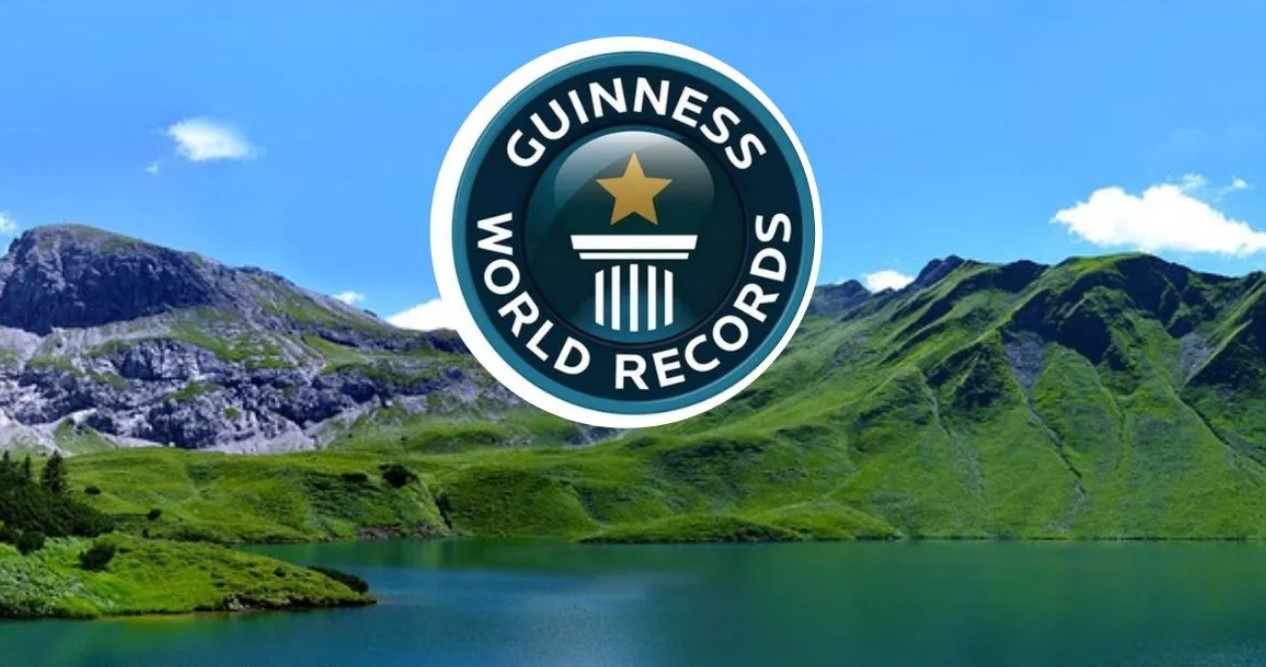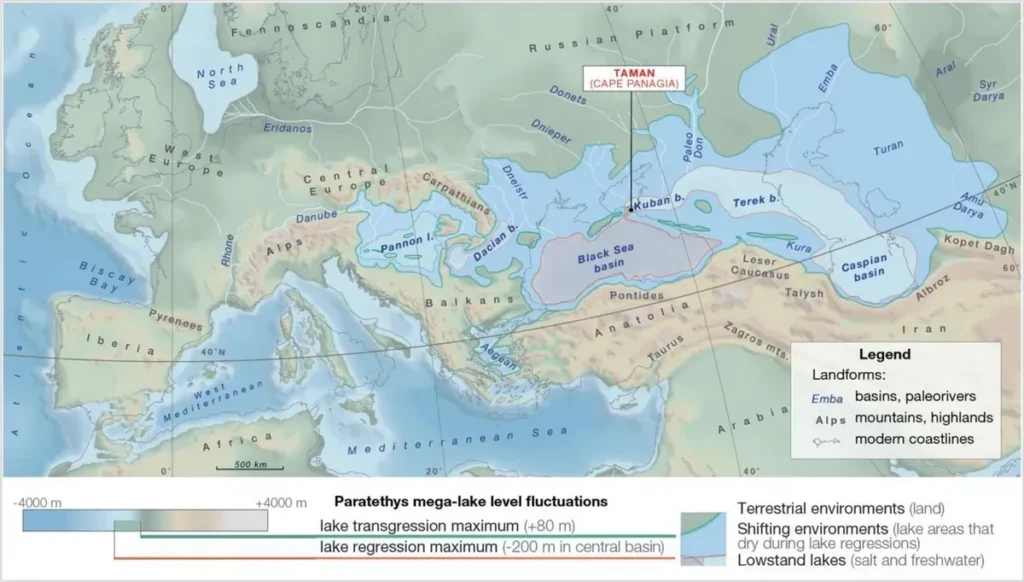
The largest ever to exist on Earth: Lake Paratetis was located on the territory of modern Ukraine – Guinness Book of Records
A prehistoric lake, the largest that has ever existed on Earth, has entered the Guinness Book of Records. It occupied a gigantic territory of 2.8 million square kilometers – from the eastern border of the Alps through all of Eastern Europe and the territory of modern Ukraine to Kazakhstan in Central Asia.

The mega-lake Paratethys was so huge that researchers believe it to be larger than the modern Mediterranean Sea. In addition, the water in it was also salty, so it resembled a huge sea. It is also believed that there was ten times more water in this lake than in all current salt and freshwater lakes combined. Scientists are convinced that the volume of water contained in Paratethys exceeded 1.77 million cubic kilometers, writes Science.
The lake was formed when the mountain ranges of Central Europe rose, separating the ancient Paratethys Sea from the ocean and creating a mega-lake. However, about 7.5-8 million years ago, the lake lost two-thirds of its surface and one-third of its volume. However, eventually, after connecting with the Mediterranean Sea, the reservoir filled up again.

According to research, the lake was home to seals and the smallest whale ever found in the fossil record, as well as ancient elephants. Eventually, the Paratethys mega-lake ceased to exist about 7 million years ago, when erosion formed on its southwestern edge, causing water to simply flow out of the reservoir. It probably formed an “impressive waterfall” at that time, scientists are convinced.
The scientists noted that their study of the Paratethys mega-lake goes beyond mere curiosity. It reveals an ecosystem that is highly responsive to climate fluctuations.
“By studying the cataclysmic events that this ancient mega-lake experienced as a result of climate change, we gain invaluable insight that can clear the way for solving current problems and future crises in toxic seas such as the Black Sea,” the scientists say.

